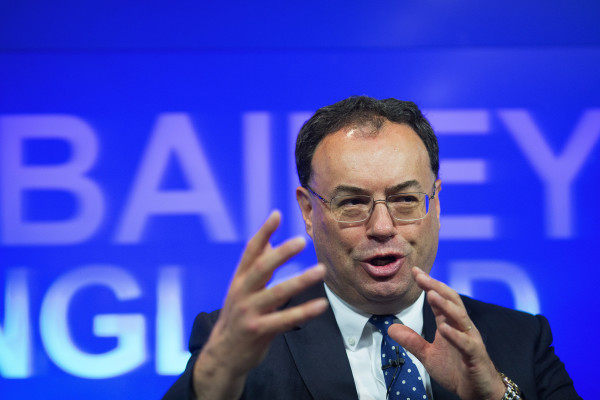

Controversial rules introduced this year for the investment sector are “concerning” and change is coming, Andrew Bailey, chief executive of the Financial Conduct Authority (FCA), has said.
As FTAdviser has previously reported, the asset management industry has warned about dire unintended consequences of some parts of the Packaged Retail Insurance and Investment Products (Priips) rules and the Markets in Financial Instruments Directive, both brought in this year.
Priips has raised the most hackles from the industry, specifically about the implications of the transaction cost reporting requirements and the performance projection requirements for open and closed ended funds.
Simon Fraser, chairman of the F&C investment trust and the Merchants investment trust, has described the requirement for investment trusts to include projections of future performance in the Priips-mandated key investor document (Kid) as a “future miss-selling scandal”.
Judith MacKenzie, a fund manager at Downing, said one of her funds lost around 10 per cent of its assets under management as a result of the transaction costs reporting rules.
Speaking at the FCA’s asset management conference in London today (12 June) Mr Bailey admitted he was worried about the reaction and impact of the new regulations.
“To be frank, I am concerned about the Priips rules,” he said, adding that while Priips and Mifid II are directly applicable European legislation, “I recognise the rules are not perfect”.
Mr Bailey said the introduction of the Priips and Mifid rules was a “major change” for the industry, and that is “appropriate after a period of major change to allow the market to evolve and adjust, and then see what the problems are, and we have done that”.
“The rules are providing literally accurate disclosures but that is without context,” he admitted.
“We are taking concerns about the performance projections on board, and we continue to engage on this.”
He said the regulator will soon issue a call for imput from the industry on what the next steps might be.
He said he is aware that some US funds have pulled out of Europe due to the rules.
The chief of the financial regulator also told delegated at the event that Brexit will lead to a shake-up of the Mifid rules.
A deal covering financial services should be possible when the UK leaves the EU, but a deal which means a “line by line” replication of agreements between the two jurisdictions would not work, he said.
Mr Bailey said this particularly applies to the Mifid II rules, where “if the UK used a system where the Mifid rules were the same on a line by line basis, then I think the outcomes would be different in the UK than in the EU, and that is not suitable”.
Mr Bailey said Brexit should not be an “excuse” for trade in financial services products to be restricted. He said he expects the UK to leave the EU in line with the current schedule, in March next year, and he expects there to be a transition period.
Mr Bailey expressed cautious optimism that the UK and EU will reach an agreement on allignment of financial services between the two jurisdictions after Brexit happens.
He said a deal “is in the interests of all sides. Closing off markets is an own goal. The rules do not need to be the same line by line but we can reach an agreement”.
“As a public official I take no position on Brexit, but I think it is in everyone’s interest that an agreement is reached.
“Open markets are good for financial market stability, protectionism is bad for the stability of markets. We should be able to get to a point where there is equivalency between the two jurisidictions on day one.”



